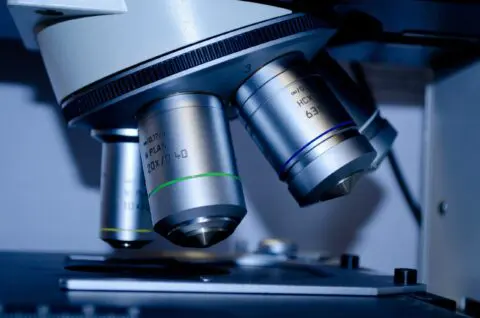You might have experienced the uncomfortable feeling of acid reflux from your stomach. It is typically described as an uncomfortable feeling in the chest that coincides with eating. You feel like your chest is burning, and you can sometimes taste an unpleasant sensation in your mouth.
If you’ve ever experienced these symptoms, you might have gastroesophageal reflux disease (GERD). GERD is a disorder in which the acid contents of your stomach back up into your esophagus, causing pain and discomfort. Because the pain is located in your chest, it can sometimes be mistaken for a heart attack.
A similar pain can be caused by gastritis or peptic ulcer disease (PUD).
If you experience persistent symptoms of GERD, gastritis, or PUD and you don’t get better with antacids, it’s important to take action. Your doctor might recommend that you get tested for a bacteria called Helicobacter pylori (H. pylori). By getting tested, you’re taking a proactive step toward understanding and managing your health.
Let’s explore what H. pylori is and the treatment options available.
What Is Helicobacter Pylori?
H. pylori is a bacteria found in your stomach known to cause GERD. It is also known to cause gastritis (inflammation of your stomach lining) and stomach ulcers. H. pylori is contagious and can be passed from one person to another through saliva or the accidental ingestion of fecal-contaminated matter.
Before the discovery of H. pylori, it was common to assume that stomach ulcers were caused purely by stress and other lifestyle factors. When the H. pylori bacteria was finally discovered as the source of some stomach ulcers, the medical community was slow to accept it. This led one of the scientists who found this bacteria, Dr. Barry Marshall, to directly infect himself with H. pylori in 1982 to prove that it causes stomach ulcers.
It worked. Dr. Marshall was ultimately awarded the Nobel Prize in Medicine in 2005 for his work.
How Do You Get Tested for H. Pylori?
There are a few ways to get tested for the H. pylori bacteria. Among them are:
- Blood antigen test
- Stool antigen test
- Endoscopic biopsy
Your doctor should be able to advise you on the type of test that is available.
What Are H. Pylori Treatment Options?
If H. pylori is found in your gut, your doctor may start you on a type of drug known as a proton-pump inhibitor, which reduces stomach acid production. This should relieve some of the pain that you’re feeling. Your doctor might also start you on an antibiotic regime of different antibiotics to eliminate the bacteria. This regime usually takes a few weeks to complete, but rest assured, it’s an effective treatment.
Did you know? QuickMD can prescribe you antibiotics online to eradicate H. pylori bacteria in your stomach.




